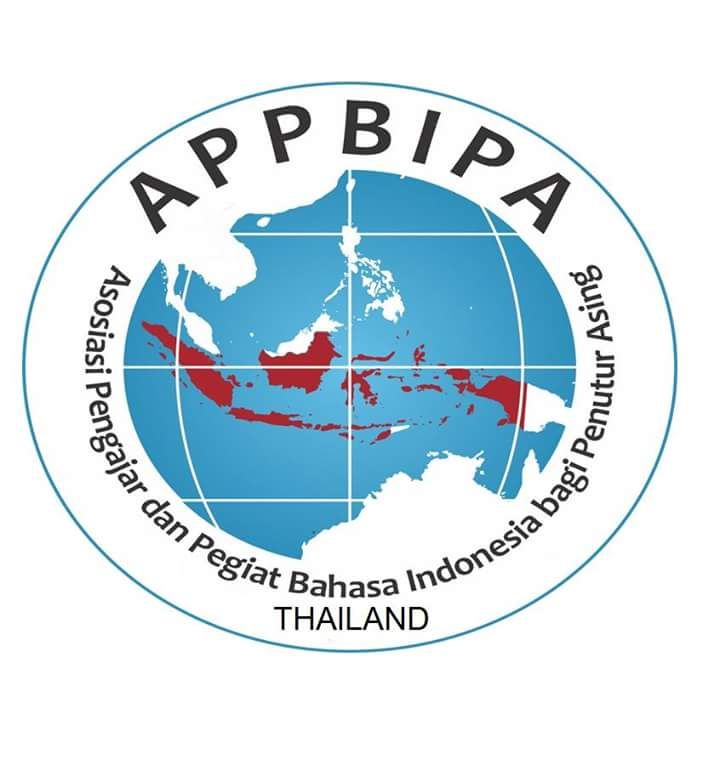Speaker
Description
https://cmu-th.zoom.us/j/7548879076?omn=93424534865
Abstract: The right to pursue education, including higher education, should be accessible to everyone. Higher education serves as a crucial pillar for the advancement of modern society and is vital for individual growth, societal development, economic progress, and enhancing national competitiveness. For individuals, it lays the groundwork for career opportunities and improves quality of life; For society and nations , it acts as a catalyst for economic expansion, technological innovation, and increased global standing. Thus, fostering higher education is essential not only for personal ambitions but also for collective prosperity of society. Nevertheless, despite its critical importance, many individuals are unable to realize their aspirations in higher education—particularly Myanmar migrants who often find themselves marginalized and face various obstacles in this pursuit. This research focuses on Myanmar migrant students residing in Thailand and has identified 11 pathways that facilitate access to higher education based on gathered data regarding the current educational landscape and policies within Thailand. An analysis of these pathways reveals that the viable route involves utilizing migrant learning centers leading to GED programs or Thai informal educational systems before progressing into higher education institutions. This approach aligns with the BEAM Educational Foundation's training initiatives aimed at facilitating access to higher education among Myanmar migrants in Thailand and further underscores the foundation’s significant role in supporting these students' higher education journeys.
Keywords: Marginalized Myanmar migrant students in Thailand; Challenges and feasibility of accessing higher education pathways; BEAM Educational Foundation; Influence.
